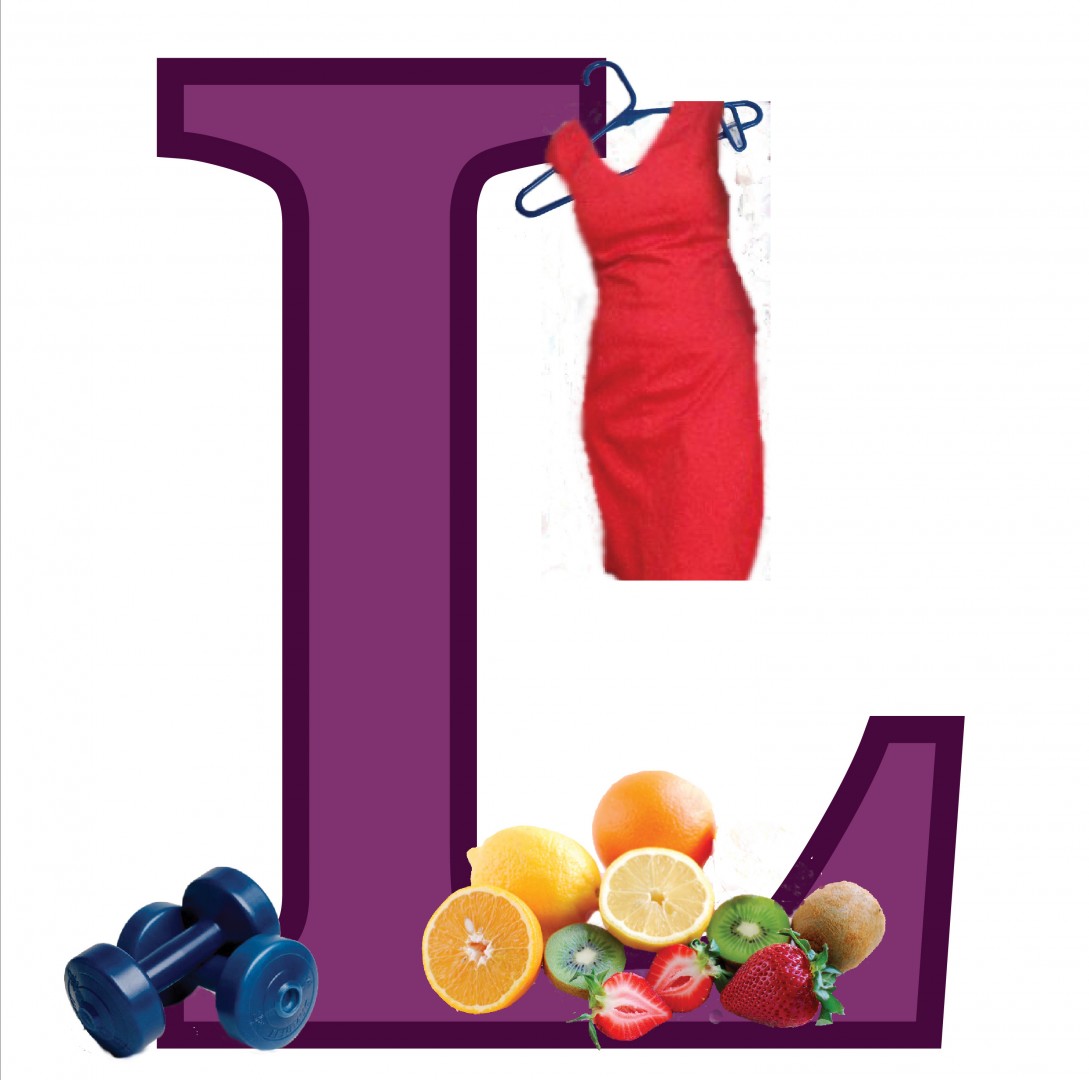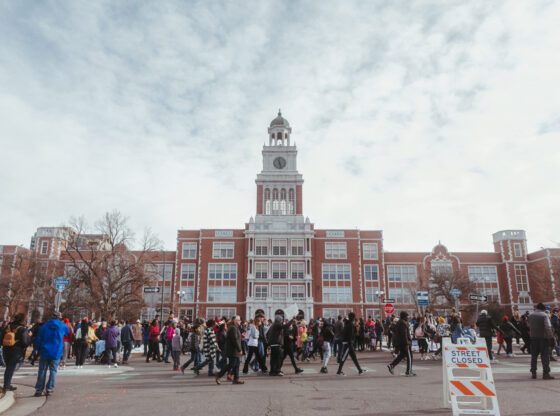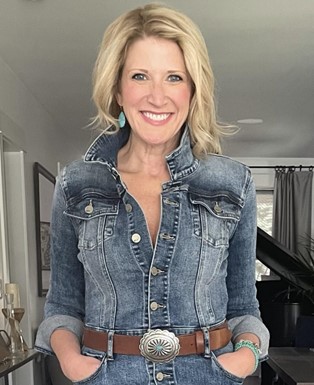DU Abolition, a group of 16 undergraduate students dedicated to raising awareness about human trafficking, was recently approved as a new student organization by USG. The group was created last year as a way to include undergraduates as a part of the Human Trafficking Clinic in the Josef Korbel School of International Studies, but decided to branch off from the Clinic last October due to scheduling conflicts.
According to Abolition member Mallory Mayeda, a sophomore psychology major from Golden, Korbel’s Human Trafficking Clinic is run by Professor Claude d’Estree, and consists of a group of M.A. candidates dedicated to outreach and research on human trafficking. As DU Abolition grew in size, it felt that it would be more beneficial to create an entire new group solely for undergraduates that could be known as a student organization rather than a spin-off group from the Clinic.
“We still have a great relationship with the clinic,” said Mayeda. “It was hard being undergrads and staying in touch with the clinic because they were busy grad students.”
The group recognizes the need for raising awareness, especially among the DU undergraduate community about the issue of human trafficking – otherwise known modern day slavery.
“[Human trafficking] is forced labor on a person,” said Mayeda. “This can take many forms, like forcing someone into prostitution, or forcing them to work labor to pay off a debt. There are also child soldiers who are forced to be a part of a war group. This can mean being a warrior, a cook or a prostitute.”
According to Mayeda, the most common types of trafficking involve sex slavery, child trafficking and labor trafficking.
DU Abolition aims to increase awareness and education on this issue and how the DU community can be a part of the solution. It also hopes to raise money for bigger organizations that are doing a lot to help trafficking victims.
According to Mayeda, the group is currently trying to raise funds for the A21 Campaign, which is an organization in 6 different countries that works to provide shelter for trafficking victims, prosecute traffickers and raise awareness through education.
The organization has also been doing their own work to promote awareness about Abolition on campus. They tabled on the Driscoll Bridge last week and hosted a film screening of the movie “The Whistleblower” in the Davis Auditorium last Friday night.
“We passed out cookies on the bridge and gave people quizzes,” Maydea said. “The quizzes had different questions about statistics having to do with human trafficking. We just wanted to see how much people knew.”
The group was happy to find out that many people guessed correctly, although a lot of people guessed there were 2 million slaves today rather than 21 million.
According to Mayeda, the cookies were made almost entirely of “fair trade” products from Whole Foods. Fair trade means that a fair amount of the profit goes directly to the farmers who produced the products, cutting out a lot of middlemen from the process. It also means that there was no slavery involved in the production of the product.
Although they advertised their film screening while tabling on Driscoll Bridge, only about ten people showed up for the event last Friday.
According to Mayeda, the organization still considered the events a success because the movie was very powerful and good for DU Abolition members to watch themselves.
“[The movement against human trafficking] is one of the largest social justice projects in the world today and not many people know about it,” said Ren Hughes, a freshman group member from Wheat Ridge majoring in international studies, public policy and Russian. “I do not only want to spread awareness but teach people how to avoid human trafficking.”
According to Hughes, the most important step that can be taken to fight this injustice is to be a responsible consumer and research which brands are known to have unjust labor practices. Labor trafficking is one of the most common types of trafficking, so an easy thing for consumers to do is to be aware of the brands they are buying and their impact on trafficking.
The website www.free2work.com allows people to research specific companies who have been graded on the criteria of policies, transparency, monitoring and worker rights. Many well-known brands have been graded on this site including Wal-mart, which received the overall grade of D+; H&M, which received the overall grade of a B+ and Apple, which received the overall grade of a D.
In addition to their website, free2work also has a mobile application that is free to download on an iPhone and Android.
DU Abolition welcomes new members at their meetings Tuesdays at 7 p.m. Anyone interested in joining the organization should email the group at duabolition@gmail.com for more information.











